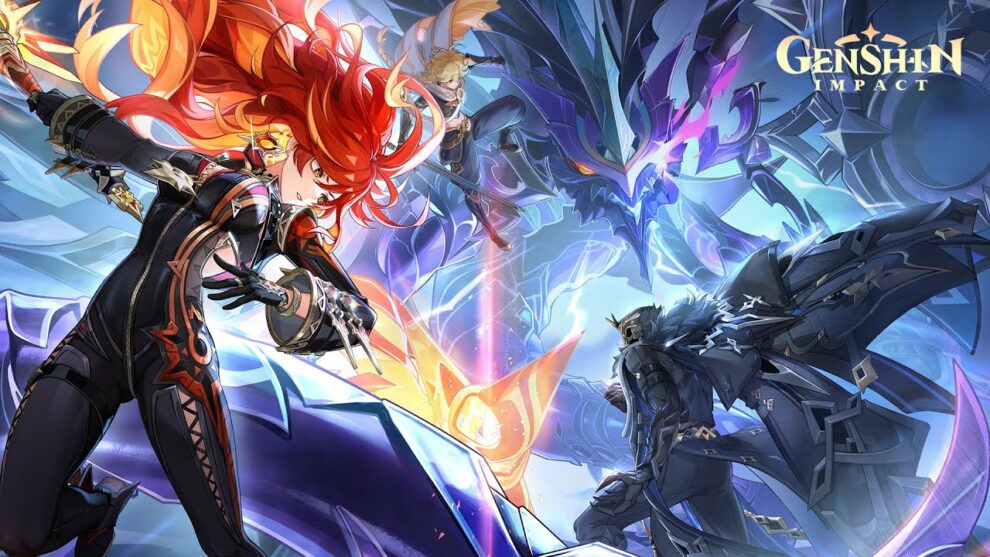Popular video game Genshin Impact faces stringent new restrictions on its controversial “gacha” gambling mechanics following a Federal Trade Commission crackdown, with developer HoYoverse agreeing to pay a $20 million penalty and implement strict controls preventing players under 16 from making in-game purchases without parental consent.
The FTC’s action addresses long-standing concerns about the game’s monetization strategy, which the commission claims deliberately targeted children while obscuring the true costs and odds of obtaining rare items through its randomized reward system. Samuel Levine, director of FTC’s Bureau of Consumer Protection, accused the game of deceiving players into “spending hundreds of dollars on prizes they stood little chance of winning.”
According to the FTC’s complaint, HoYoverse violated the Children’s Online Privacy Protection Act (COPPA) by collecting personal information from children under 13 without proper consent. The commission also highlighted the game’s complex virtual currency system as particularly problematic for younger players, who may struggle to understand the real-money value of their purchases.
The proposed settlement would fundamentally alter how Genshin Impact monetizes its content. The FTC demands that the developer offer direct real-money purchase options alongside virtual currency transactions for its “loot boxes,” while requiring transparent disclosure of odds and exchange rates. These changes aim to make the true cost of obtaining desired items clearer to players.
Genshin Impact’s “gacha” system, which differs slightly from traditional loot boxes, allows players to “pull” on virtual banners for random characters or items. This mechanic has proven highly lucrative for the game but has drawn criticism for its similarity to gambling. The FTC’s intervention suggests growing regulatory concern about such monetization strategies in games popular with young audiences.
The settlement’s requirements extend beyond monetary penalties and purchase restrictions. HoYoverse must delete personal information collected from users under 13 unless obtained with explicit parental consent, marking a significant shift in how the game handles young players’ data.
While the proposed order awaits approval from a federal judge before taking effect, this enforcement action signals intensifying scrutiny of gaming industry monetization practices, particularly those that may appeal to or target younger players. The substantial fine and comprehensive restrictions could set precedents for how similar games operate in the U.S. market.
The case highlights broader concerns about the gaming industry’s use of randomized reward systems and virtual currencies to drive revenue. Critics argue these mechanics can obscure spending and exploit psychological vulnerabilities, particularly in younger players who may not fully understand the financial implications of their in-game purchases.
Industry observers note that this regulatory action could prompt other game developers to preemptively modify their monetization strategies to avoid similar scrutiny. The requirement for direct real-money purchase options alongside virtual currency systems could become a new standard for games featuring randomized rewards.
This enforcement action represents one of the FTC’s most significant interventions in gaming industry practices, reflecting growing regulatory attention to digital entertainment platforms that blur the lines between gaming and gambling. The outcome could influence how future games are designed and monetized, particularly those attracting younger audiences.
As the gaming industry continues to evolve, this case may mark a turning point in how developers approach monetization strategies, forcing a balance between profitable business models and responsible practices that protect vulnerable players, especially children and young teens.
















Add Comment